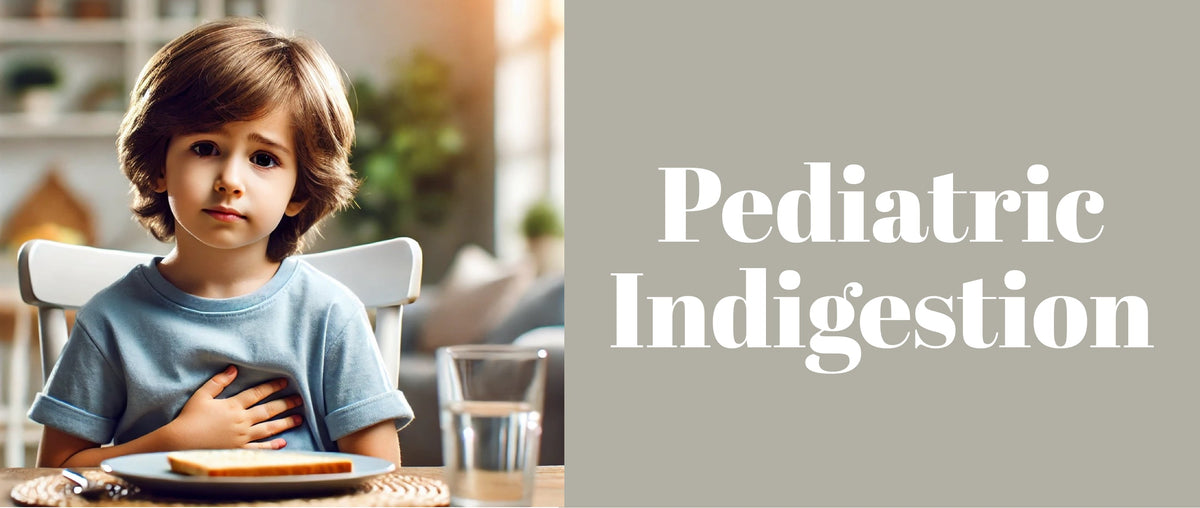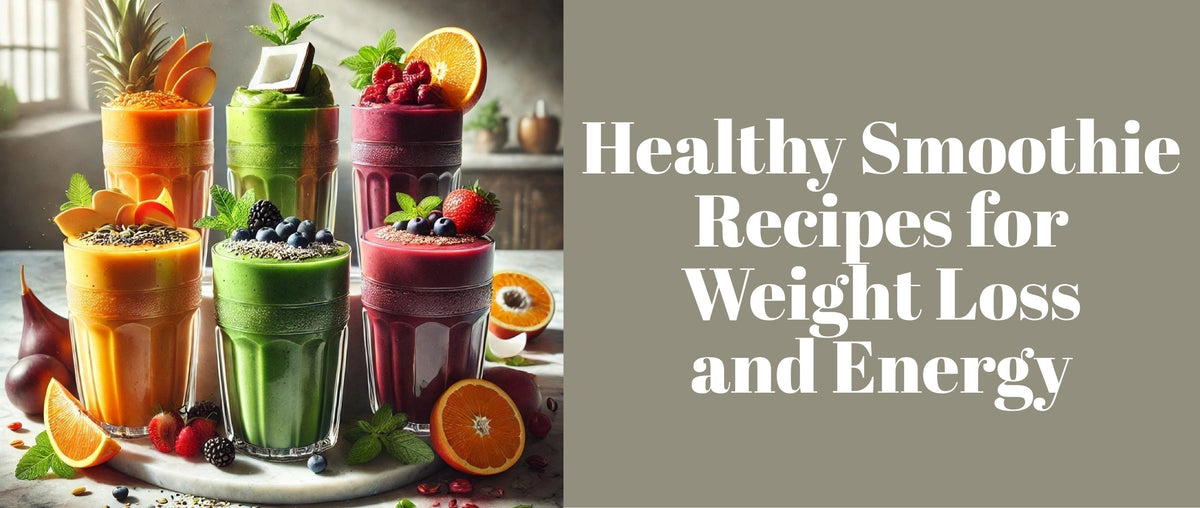The Best Diet Adjustments for Managing Chronic Indigestion
Chronic indigestion, also known as dyspepsia, is a common digestive issue that affects millions worldwide. It can cause bloating, nausea, heartburn, and discomfort after eating. While medications can help, dietary adjustments play a crucial role in managing symptoms naturally.
Switching to plant-based foods and including cholesterol-free foods can significantly improve digestion. Experts also recommend incorporating kombucha and other Healthy Drinks to support gut health.
This article explores the best diet adjustments for managing chronic indigestion, backed by expert advice. Whether you're looking for a heart-healthy diet or simply aiming to improve digestion, these healthy eating tips will help you make better choices.
Key Takeaways
- Eating habits play a major role in reducing indigestion symptoms
- Include plant-based protein and High Protein Vegan Food for gut health
- Avoid trigger foods like spicy, fried, and dairy-based products
- Opt for vegan butter and unsalted butter instead of traditional butter
- Hydration is key—drink kombucha and Healthy Drinks for better digestion
- Meal timing and portion control prevent indigestion flare-ups
Understanding Chronic Indigestion: Causes & Symptoms
What is Chronic Indigestion (Dyspepsia)?
Chronic indigestion refers to persistent discomfort in the upper abdomen, often occurring after meals. Unlike acid reflux, which involves stomach acid traveling up the esophagus, dyspepsia is more related to delayed digestion and gut irritation.
Common Causes of Indigestion
- Poor Eating Habits – Eating too fast, overeating, or consuming large meals late at night
- Trigger Foods – Spicy foods, excessive caffeine, and dairy-based products like traditional Cheddar Cheese
- Gut Imbalance – Lack of plant-based foods and fermented drinks like kombucha
- High-Fat Diet – Consuming too much low fat mayonnaise or fried foods
- Stress & Anxiety – Mental health plays a key role in digestion
Symptoms of Chronic Indigestion
- Frequent bloating and stomach pain
- Feeling overly full even after small meals
- Acid reflux and heartburn
- Gas and burping after eating
- Nausea or loss of appetite
How Diet Affects Indigestion
The Role of Food in Triggering or Soothing Digestive Issues
Your diet has a direct impact on digestion. Certain foods can trigger acid reflux, bloating, and stomach discomfort, while others help soothe the digestive system.
How Food Choices Affect Digestion
- Acidic and spicy foods irritate the stomach lining, leading to discomfort
- Dairy-based products like regular parmesan cheese can be hard to digest for lactose-intolerant individuals
- Processed foods with preservatives slow down digestion and cause bloating
- Healthy fats from cashew butter and vegan butter promote smooth digestion
- Fermented foods like kombucha balance gut bacteria and improve overall digestion
Switching to cholesterol-free foods and incorporating plant-based protein can significantly reduce indigestion symptoms.
Best Diet Adjustments for Managing Chronic Indigestion
1. Foods to Eat for Better Digestion
A well-balanced healthy diet can ease indigestion and improve gut health. Focus on plant-based foods rich in fiber, probiotics, and antioxidants.
Best Foods for Digestion
| Food Category | Examples |
|---|---|
| High Fiber Foods | Oats, quinoa, sweet potatoes, and lentils |
| Gut-Healthy Probiotics | Kombucha, kimchi, sauerkraut, and miso |
| Healthy Fats | Cashew Butter, avocado, flaxseeds, and unsalted butter |
| Low-Acid Fruits | Bananas, melons, apples, and papaya |
| Easily Digestible Proteins | High Protein Vegan Food, tofu, and plant-based protein |
Adding high protein vegan breakfast options like oat milk smoothies and chia pudding can provide sustained energy without irritating digestion.
2. Foods to Avoid to Prevent Indigestion
Certain foods can worsen indigestion by triggering acid reflux, bloating, or inflammation. Avoiding these can significantly improve your gut health.
Worst Foods for Indigestion
- Dairy-based cheese like Cheddar Cheese and parmesan cheese
- High-fat foods like fried items and creamy sauces
- Spicy foods that can irritate the stomach lining
- Carbonated drinks that increase bloating
- Artificial sweeteners that disrupt gut bacteria
Switching to low fat mayonnaise, vegan cheese, and vegan butter can be a gentle alternative for digestion.
The Best Eating Habits to Reduce Indigestion
1. Chew Your Food Properly
- Take small bites and chew at least 20–30 times per mouthful
- Avoid rushing through meals—eat slowly and mindfully
- Try pairing vegan cheese or cashew butter with fiber-rich foods for better digestion
2. Practice Mindful Eating
- Eat without distractions (avoid TV, phones, or work)
- Focus on how your body feels while eating
- Recognize fullness cues and avoid overeating
3. Portion Control Strategies
- Smaller, frequent meals throughout the day
- Balancing meals with plant-based protein and Healthy Drinks
- Eating at least 3 hours before bedtime to prevent acid reflux
Switching to a healthy diet with smaller portions of high protein snacks like unsalted butter on whole-grain toast can prevent stomach discomfort.
Meal Timing & Frequency: What Works Best?
When and how often you eat affects digestion speed and efficiency.
Best Meal Timing for Digestion
| Meal Type | Best Time to Eat | Why It Helps |
|---|---|---|
| Breakfast | Within 1 hour of waking up | Kickstarts digestion and prevents acidity |
| Lunch | Between 12 PM - 2 PM | Aligns with peak digestive enzyme activity |
| Dinner | 3 hours before bedtime | Prevents acid reflux and bloating |
Eating a high protein vegan breakfast with oat milk, chia seeds, and plant-based protein can keep digestion smooth throughout the day.
Avoid Late-Night Eating
Late-night meals can worsen acid reflux and indigestion. If you get hungry, opt for Healthy Snacks for Kids that are easy to digest, such as:
- Bananas with cashew butter
- A small bowl of oatmeal with oat milk
- Light salads with low fat mayonnaise
Hydration & Its Impact on Digestion
Proper hydration is essential for a healthy digestive system. Water helps break down food, absorb nutrients, and prevent constipation.
1. How Water Supports Digestion
- Helps dissolve nutrients for better absorption
- Prevents bloating by aiding smooth movement of food
- Reduces acidity and soothes the stomach lining
Drinking Healthy Drinks like kombucha and oat milk can also support gut health by providing probiotics and essential nutrients.
2. Best Drinks for Digestive Health
| Drink | Benefits for Digestion |
|---|---|
| Kombucha | Rich in probiotics for gut health |
| Oat Milk | Dairy-free and easy on digestion |
| Warm Lemon Water | Helps neutralize stomach acid |
| Herbal Teas | Relieves bloating and stomach discomfort |
3. When Should You Drink Water?
- Before meals: Prepares the stomach for digestion
- Between meals: Prevents dehydration without diluting digestive juices
- Avoid excessive water during meals: Can interfere with stomach acid production
Switching to cholesterol-free foods and plant-based foods, along with proper hydration, can help reduce chronic indigestion symptoms.
Expert-Recommended Diet Plans for Indigestion Management
A well-planned healthy diet can reduce indigestion and support gut health. Here’s an expert-approved one-day meal plan to help you get started:
Sample Meal Plan for Indigestion Relief
| Meal | Food Choices |
|---|---|
| Breakfast | High protein vegan breakfast: Oatmeal with oat milk, chia seeds, and cashew butter |
| Mid-Morning Snack | Fresh fruit with parmesan cheese alternative or healthy snacks for kids like nuts |
| Lunch | Quinoa salad with vegan cheese, roasted veggies, and low fat mayonnaise dressing |
| Afternoon Snack | High protein snacks like hummus with whole-grain crackers |
| Dinner | Stir-fried tofu with brown rice and steamed greens |
| Evening Drink | Herbal tea or kombucha |
This heart-healthy diet focuses on plant-based protein, low-fat, and probiotic-rich foods to soothe digestion and reduce acid reflux.
Conclusion
Managing chronic indigestion doesn’t require drastic changes—small, mindful dietary adjustments can make a big difference. Prioritizing plant-based foods, cholesterol-free foods, and Healthy Drinks like kombucha can help reduce symptoms and improve overall gut health.
Do you enjoy vegan food? We have a list of vegan restaurants in India to help you find delicious options in your area!












